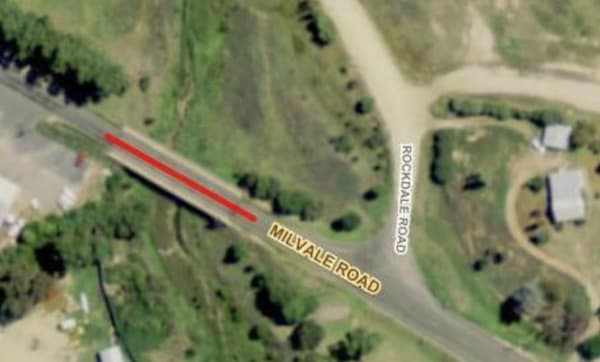Cost shifting from State and Federal Governments to Local Government has been a significant issue for quite some time and is becoming increasingly concerning.
A report on this matter has been included in the July Ordinary Council Meeting Agenda, and I encourage residents to read it and familiarise themselves with this issue.
One area where this is having a significant local impact is biosecurity.
This issue has reached a critical juncture, impacting our ability to effectively manage weed surveillance and management within our community.
Changes under the NSW Weeds Action Program have become the norm since the revision of the NSW Government grant guidelines.
Latest Stories
Under the previous system, a Regional Coordinator - employed by Local Land Services - regularly met with representatives from each Council.
This fostered collaboration and ensured a fair distribution of funds, with Councils working together in weed surveillance and management within their Local Government Areas.
Previously, our collaboration with Local Land Services ensured equitable funding distribution and strengthened regional cooperation in biosecurity efforts across Councils. However, recent changes have forced Councils to apply for funding individually, leading to missed opportunities and a decline in regional collaboration.
Over the past two financial years, these changes have resulted in Councils missing out on essential funding.
One Council, for example, received $17,000 less in the most recent funding cycle alone.
This shortfall directly impacts our ability to plan and carry out critical weed management operations, placing local agriculture and biodiversity at risk.
A major concern is that announcements regarding available funding were made in May - after many Councils had already completed the majority of their weed management programs for the financial year.
Given the extremely tight budgets under which Councils operate, this timing presents serious challenges, particularly when funds are required earlier for proper planning and execution.
For two consecutive years, the application process has been delayed.
While the process is technically non-competitive, Councils can still apply for funding close to the maximum available within their region.
Unfortunately, this lack of coordination means that funding is not always allocated according to regional priorities or agricultural needs.
Instead, it is based primarily on the potential impact of weed incursions, without adequate consideration for vital industries like agriculture, which rely heavily on effective weed management.
The absence of increased funding for weed management over the past decade, along with rising operational costs, is placing an undue strain on Council resources.
This burden not only undermines our biosecurity efforts but also hinders our ability to meet obligations under the Biosecurity Act.
It is imperative that the State Government acknowledges its responsibility to adequately support Local Councils.
We urge them to review the current funding mechanisms and ensure they are aligned with regional priorities and the needs of our agricultural sector.
Deputy Mayor Tony Flanery















